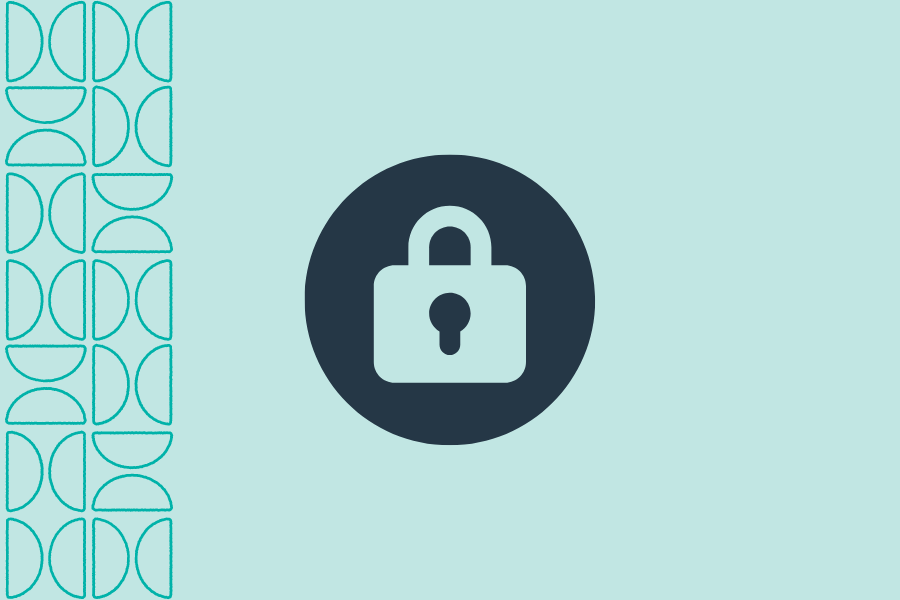
In times of crisis, our communities come together to support those in need. Whether it's the recent wildfires in California or the devastating Maui wildfires, people across the country have shown their generosity by donating to relief efforts. Unfortunately, scammers also seize these moments to take advantage of goodwill, creating fake charities and fraudulent fundraising campaigns.
Common Types of Charity Scams
Scammers use various tactics to deceive well-meaning donors. Here are some of the most common charity fraud schemes to watch out for:
- Fake Fundraising Campaigns – Fraudsters set up fake donation pages or crowdfunding campaigns that appear real but never reach those in need.
- Phishing Scams – You may receive fraudulent emails, texts, or social media messages pretending to be from legitimate charities, urging you to donate through fake links that steal your financial and personal information.
- Impersonating Reputable Charities – Scammers create fake websites or spoof phone numbers to pose as well-known nonprofits. They may tweak a real charity's name slightly to trick unsuspecting donors.
- High-Pressure Donation Requests – If a fundraiser urges you to donate immediately, claiming it’s an emergency, be cautious. Legitimate charities will never force you to act without time to verify their credibility.
How to Avoid Charity Scams
Before donating, take these essential steps to protect yourself from charity scams:
- Verify the Charity – Always donate through the official website of a registered nonprofit. Use resources like the IRS’s Tax Exempt Organization Search to confirm legitimacy.
- Be Wary of Urgent Requests – Scammers use emotional stories to pressure donors. Take your time to research the organization before giving.
- Watch for Red Flags – Avoid charities that request donations via cash, gift cards, or cryptocurrency – these are harder to track and recover.
- Avoid Clicking Suspicious Links – Phishing scams can direct you to fraudulent websites. If you receive a donation request, visit the charity’s official page instead of following random links.
What to Do If You’ve Been Scammed
If you suspect you've donated to a fraudulent charity, take action right away:
- Contact Your Bank or Credit Card Company – Report the fraudulent transaction to dispute the charge.
- File a Complaint with the FTC – Report charity fraud to the Federal Trade Commission (FTC).
- Notify Law Enforcement – Contact your local authorities or file a report with the Internet Crime Complaint Center (IC3) at ic3.gov.
At Central Pacific Bank, we are committed to helping our community stay safe from fraud. For more tips on protecting your finances and identifying scams, visit cpb.bank/fraud. By staying informed and vigilant, you can ensure your generosity reaches those who truly need it – not the pockets of scammers.




 Share
Share


